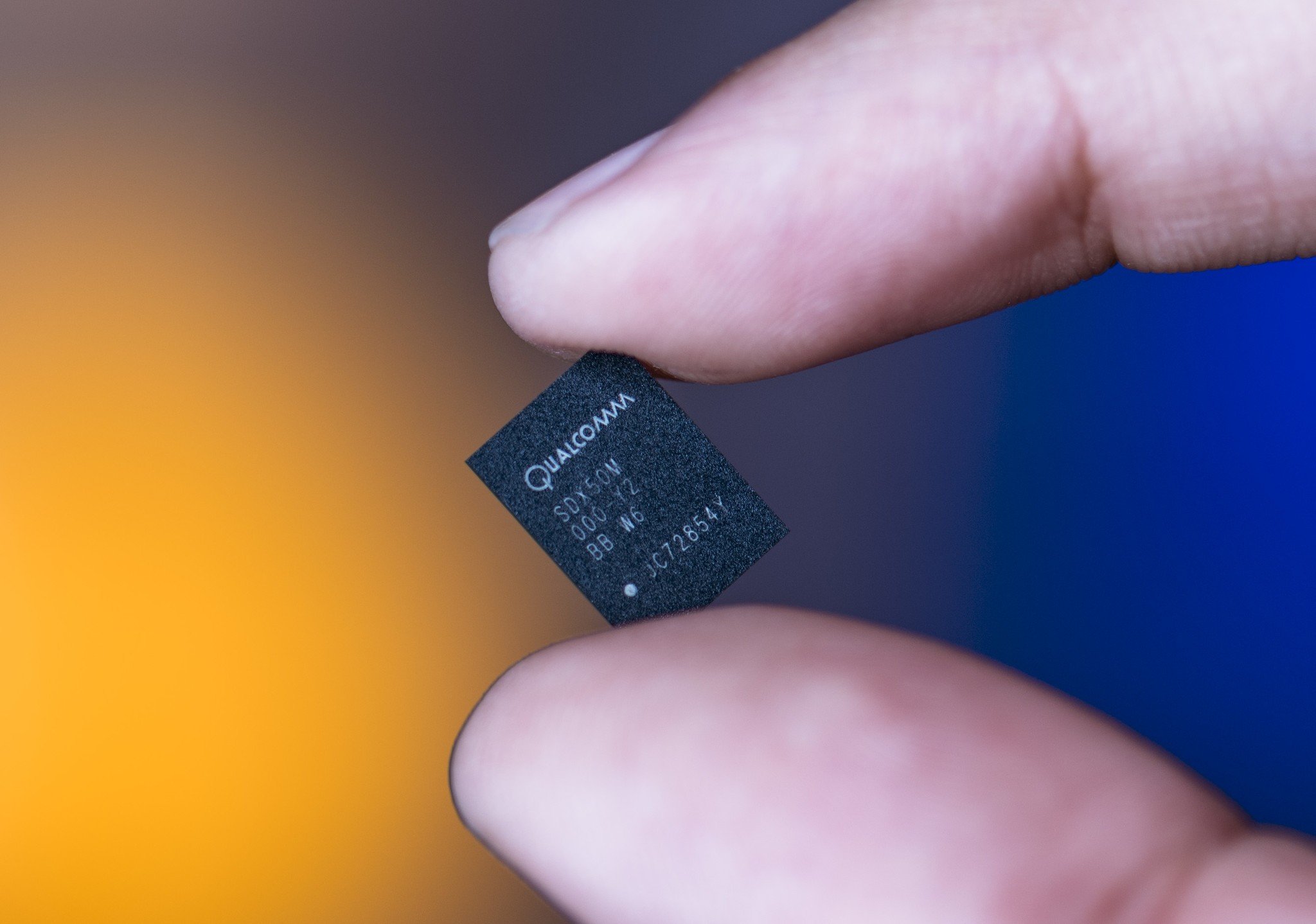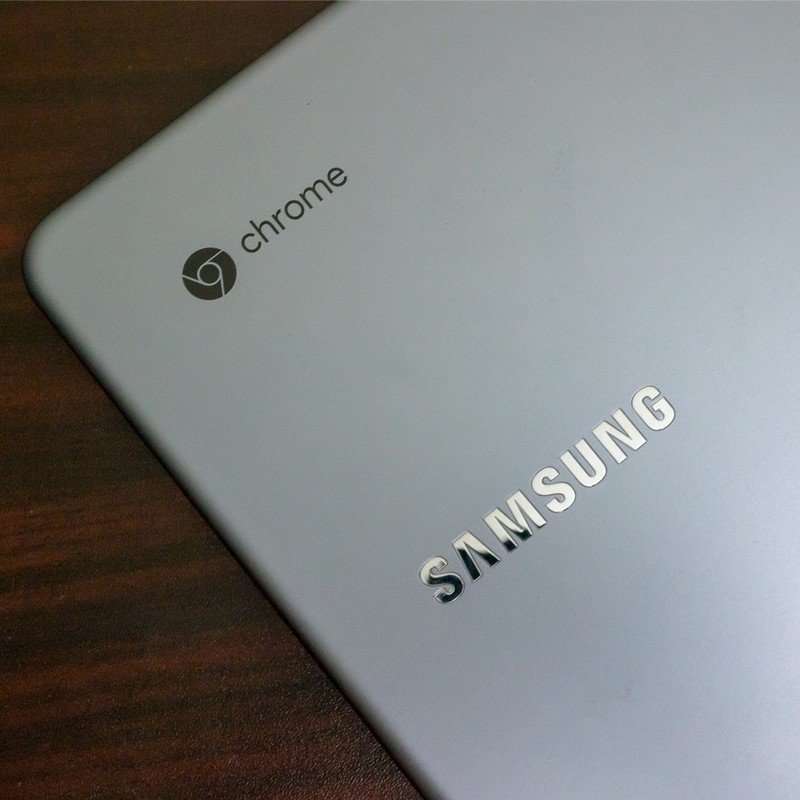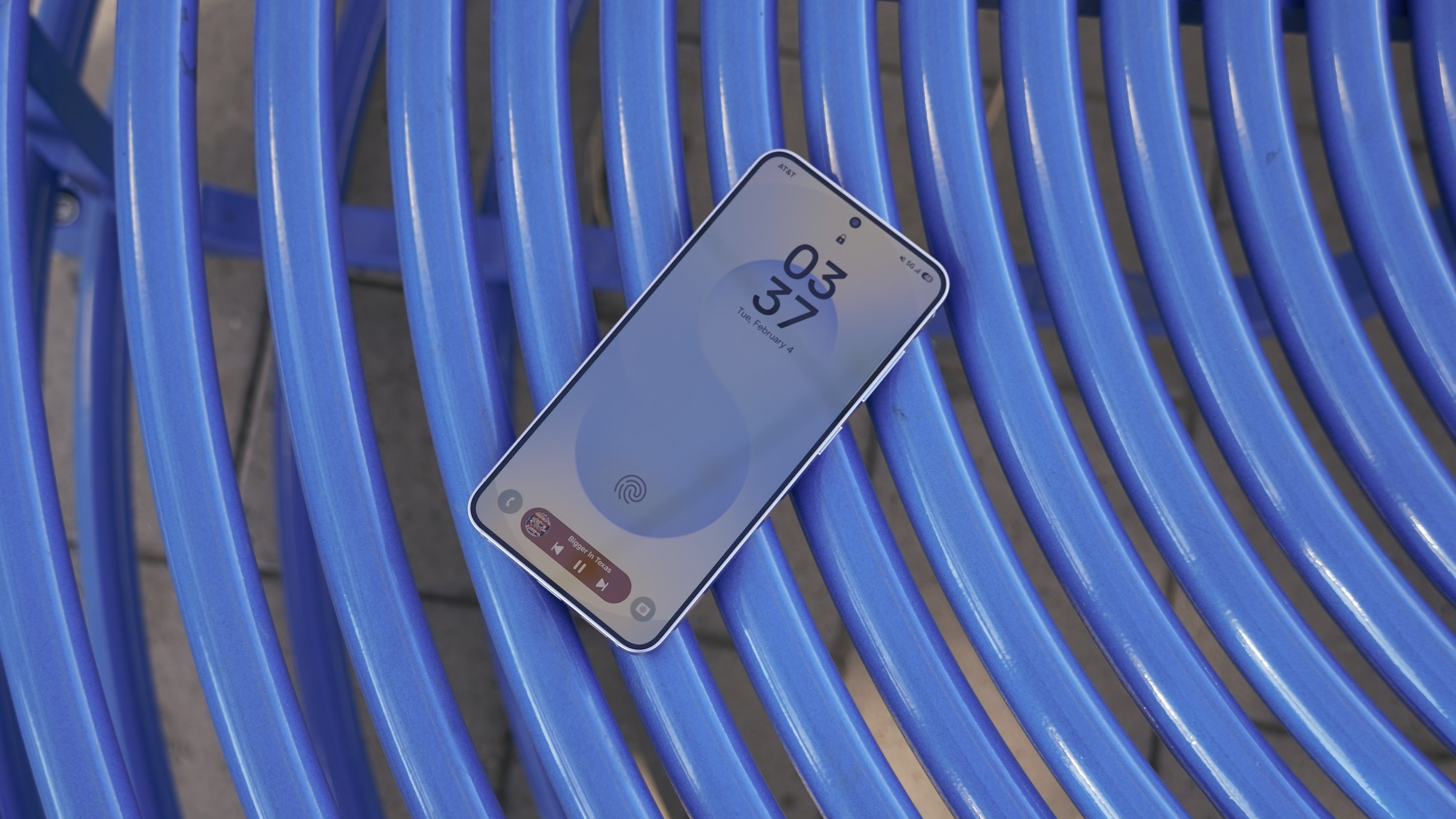What does Apple's acquisition of Intel's smartphone modem tech mean for the rest of the industry?

In case you weren't aware, Apple dipped into the billions of dollars it has on hand and gave a billion of it to Intel in exchange for the majority of Intel's smartphone modem business. The quick and dirty details of the deal give Apple over 2,000 new employees and most of Intel's modem intellectual property; Apple basically owns Intel's former LTE modem business and any work it has done for 5G modem tech. Intel, of course, gets $1 billion dollars. Both sides walk away happy.
Don't assume that this means the next iPhone is going to use an in-house modem design, though. After a lengthy trial over Qualcomm's alleged abuse of FRAND patents and Apple's use of tech without paying for it, Qualcomm was forced to adjust pricing, Apple was forced to pay back royalties, and both parties inked a $4.5 billion deal that allows Apple to use Qualcomm's modem IP for at least six years. The next iPhone will have a Qualcomm modem, and so will the one after that.
Ancillary fallout from that deal was Intel exiting the smartphone modem business. That brings us to today, where Apple picked up the pieces of Intel's foray into the smartphone business because it wasn't worth spending any more money there. Apple was Intel's only major customer for modem tech, and with Apple and Qualcomm working together the best course of action was to shutter the division. In short, Intel had become yet another victim of Qualcomm's questionable business practices.
What's not as clear as the recent history is what the future will hold now that Apple has everything it needs to build its own in-house phone modems. The likely scenario is Apple continues to use Qualcomm IP until it becomes economically feasible to stop. Qualcomm still has a tight grip on the smartphone business because its products are good enough to use as leverage to ensure it. Every company wants to use Qualcomm's tech inside its phone, and Qualcomm can influence the direction networks operators take because of it. Everyone wants their phone to work well and carriers want you to be happy enough to stick around. Qualcomm can make both happen right now, and Apple's new modem business can't, no matter how much money is sunk into it.
Apple cares more about being best, not first. That's not going to change.
That will eventually change. All favoritism and silliness aside, Apple is a master when it comes to making an existing idea or technology better. That's not to say the company can't innovate, but it has an excellent track record of being the best if not the first when it comes to consumer tech. The company was able to license technology from ARM and build a small and power-efficient SoC that leads the industry when it comes to raw performance in a few short years, and given a few more it will be able to incorporate its own modem tech in a way that makes sense — including economic sense — into the iPhone. I think when the six-year agreement with Qualcomm ends, Apple will be ready for it.
Back to today, and there's little chance we'll see an Apple modem inside a phone. But Apple makes products that aren't phones, like the MacBook Air and iPad Pro. These devices have large batteries, room for a much better heat-management system, and would be able to support an off-die modem with very little performance impact. Apple could continue to license whatever it needs to use the existing A-series chip's RF solutions for Wi-Fi and Bluetooth while building out an all-new LTE modem. And that could potentially be game-changing.
An iPhone needs Qualcomm inside right now but a MacBook Air does not.
There are a lot of people who depend on a mobile device like an iPad, ultrabook, or Chromebook rather than do "everything" on a phone. Were Apple to build an all-new LTE MacBook Air or introduce a new generation of LTE iPads (or both) it could light a fire under OEMs that build lightweight devices like Chromebooks or Windows two-in-ones.
Be an expert in 5 minutes
Get the latest news from Android Central, your trusted companion in the world of Android

That's something that Microsoft isn't able to do, Google seemingly has no interest in, and would boost what feels like a stalled market when compared to the smartphone business. And as we see all three tech-giants working on a one size fits all software solution where the lines between mobile and desktop are blurred, it sounds like something we just might need, too.
The tech lover in me wants to see Apple shake things up with its own smartphone modem in 2020 because it will force every other company to step up and try to do something similar. That's almost assuredly not going to happen, but seeing Apple use its new IP in convergent devices while it prepares would be an excellent consolation prize.

Jerry is an amateur woodworker and struggling shade tree mechanic. There's nothing he can't take apart, but many things he can't reassemble. You'll find him writing and speaking his loud opinion on Android Central and occasionally on Threads.

